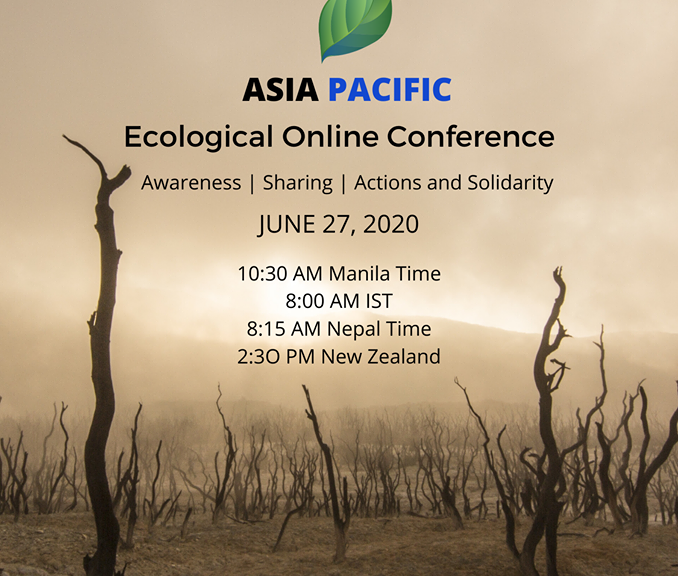On July 18th, 2020, DGR Asia-Pacific held a closed discussion with organizers from the Philippines and Nepal. State repression and security culture were discussed in relation to the situation in the two states. Learn more about state repression and security culture.
Throughout history, state actors have used a variety of methods to restrict citizens from participating in political life. These include harassment, surveillance/spying, bans, arrests, torture, mass killings, and so on. These forms of repression have a profound effect on political organizing. For one thing, restrictive laws make political organizing difficult, especially for aboveground organizers. On top of that, when repression takes explicitly violent forms, they pose a threat to the very survival of these groups.
The current pandemic has provided states an opportunity to push the normal towards a greater state repression. Across the Asia-Pacific, China has increased state surveillance. Philippines has broadened the definition of “terrrorism” to include all forns of political dissent, and increased the impunity of state actors to deal with those.
The push towards a greater authoritarion state has been present with or without the pandemic. The current situation has merely provided a conducive situation for the states to take autocratic steps.
State repression is not the same across the world: it varies according to the cultural and political scenario of the region. For example, the state is relatively less repressive in Nepal than in the Philippines.
In Nepal, the Information Technology Bill (that is yet to be passed) aims to stifle freedom of speech (through digital platform) and right to privacy. Similarly, states and state-sponsored institutions have used narratives and labels to harass and discredit organizers. Even though most laws in Nepal are progressive, they are not properly enforced. Peaceful protests are met with state violence and arrests.
With the new Anti-Terrorism Act of 2020 in Archipelago, activists and organizers run the risk of being labelled as a terrorist for any form of political dissent, or even participating in mutual aid action. The power has also shifted from the judicial body to the Anti-terrorism council (likely to be formed in the discretion of the autocratic president) in terms of labeling anyone as a terrorist and detention of suspected terrorists.
Security culture
With increasing suppression, it becomes difficult to organize and be safe. Proper security culture should be followed to be effective as well as be safe.
Security culture should be tailored to one’s situation. Organizers should adopt the security behavior and norms that are most suitable their legal and sociopolitical scenario. At the same time, they should also be aware the scenario in one’s area could change at any time. As a result, organizers should be flexible to adapt the security norms.
There are different forms of security. Physical security relates to practices to keep one’s body safe, in situations of direct action, etc. Similarly, information security refers to keeping sensitive information safe. Using secure means of communication, storing information in safe locations, all fall under information security. Relationship/group security includes the strict screening mechanisms, as well have proper protocols to ensure that security is maintained in one’s organization.
There are some risks inherently associated with political organizing. Security culture cannot eliminate all of those risks. It can, however, reduce some risks and make organizers aware of other risks, so that they could make a judgment on whether certain risks are worth taking. More importantly, security culture prevents a movement from being crippled by paranoia.
